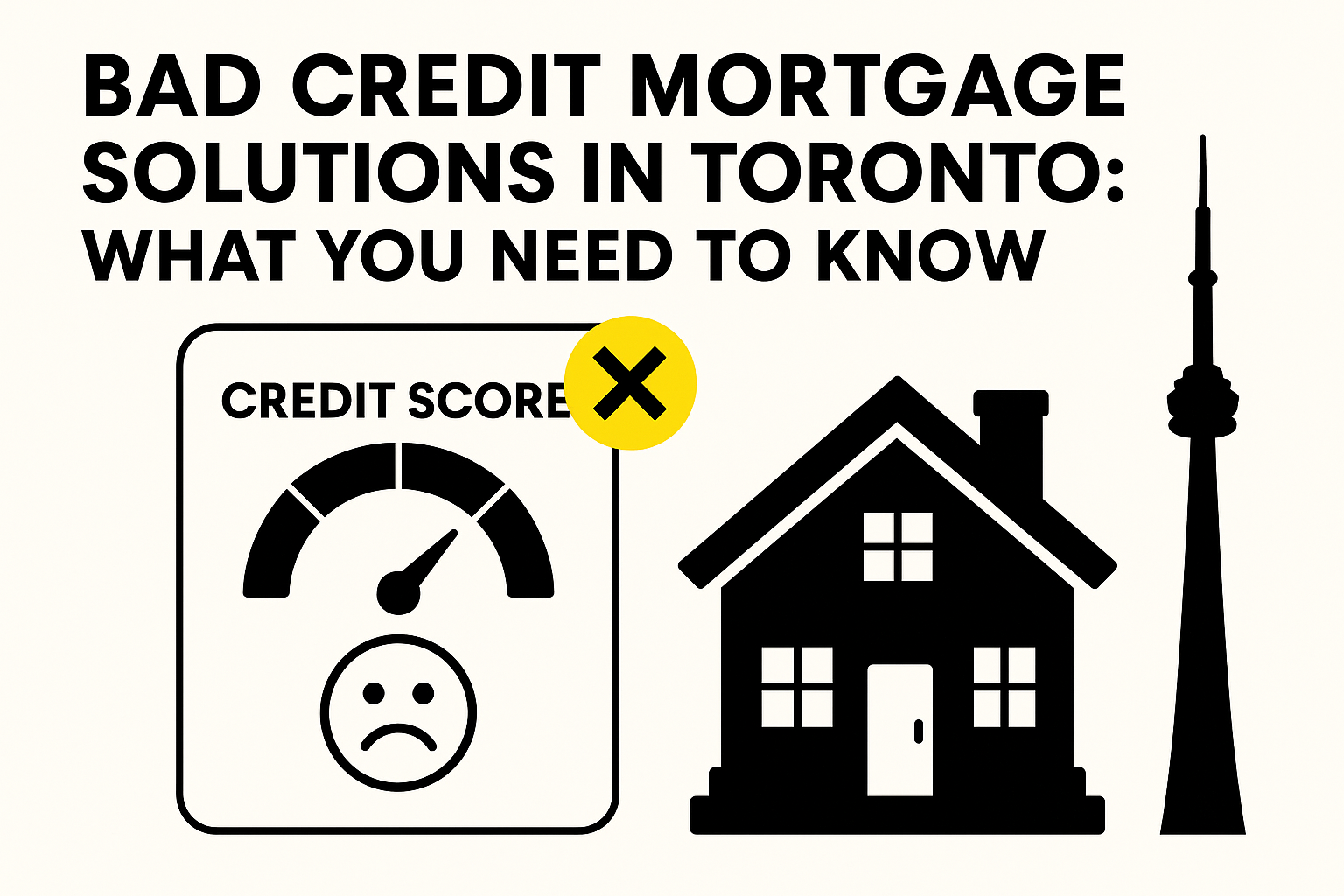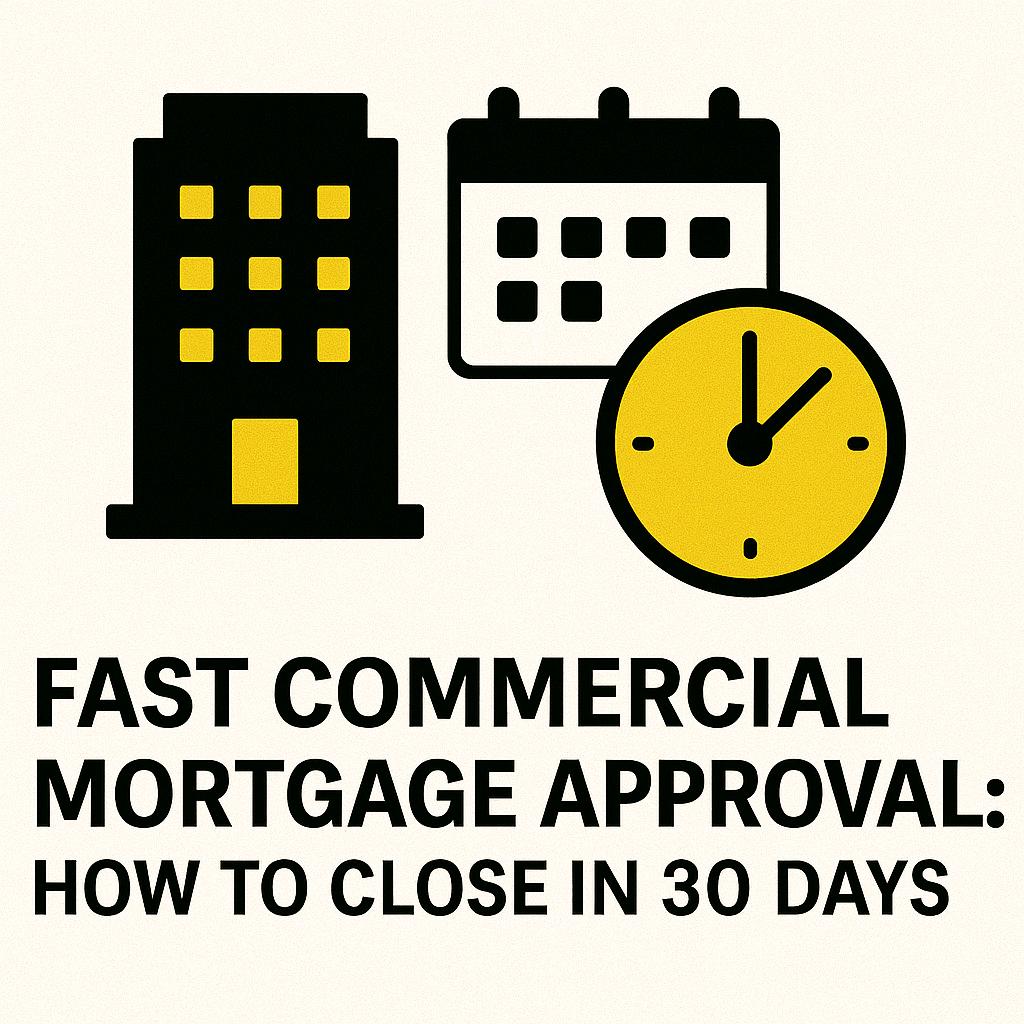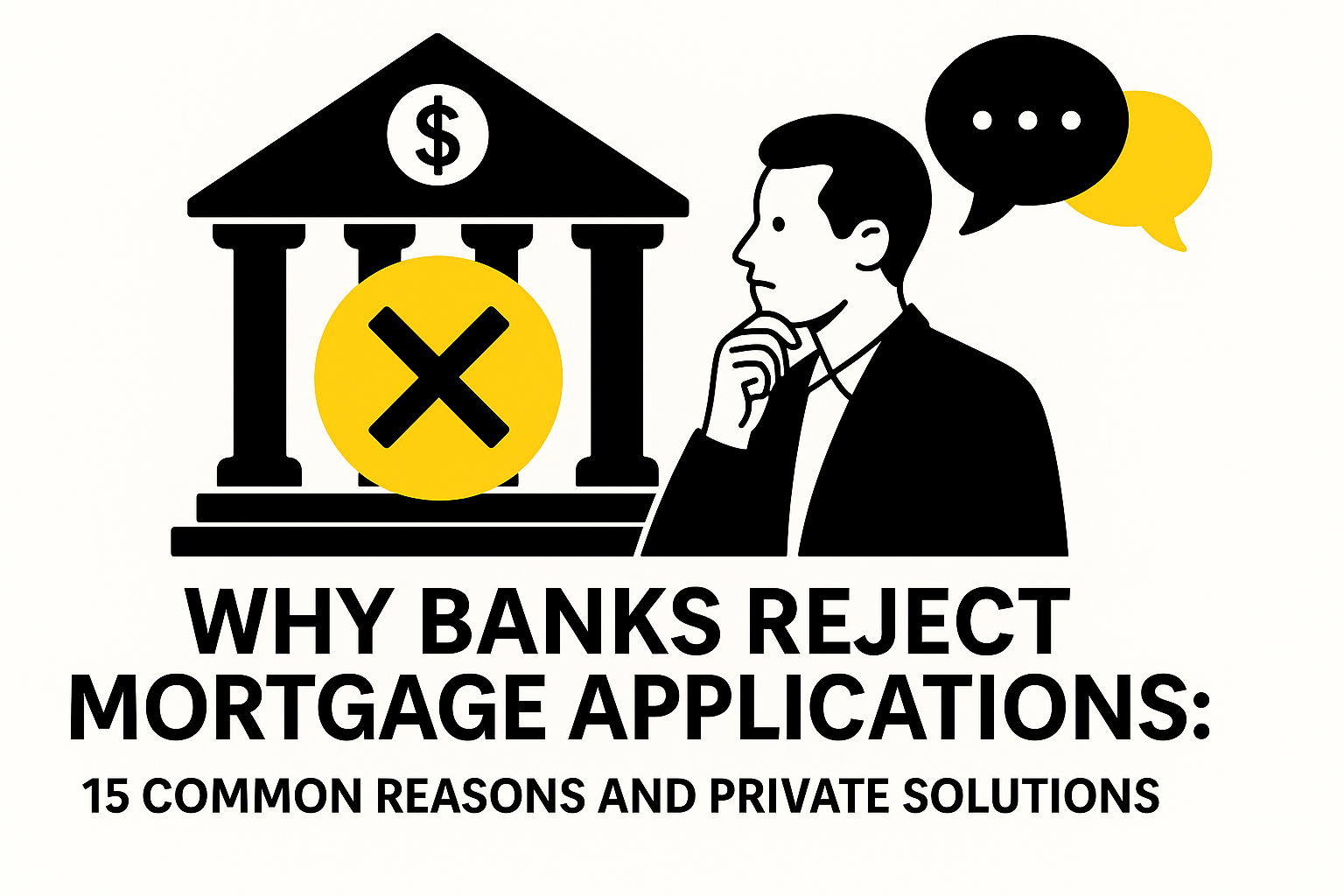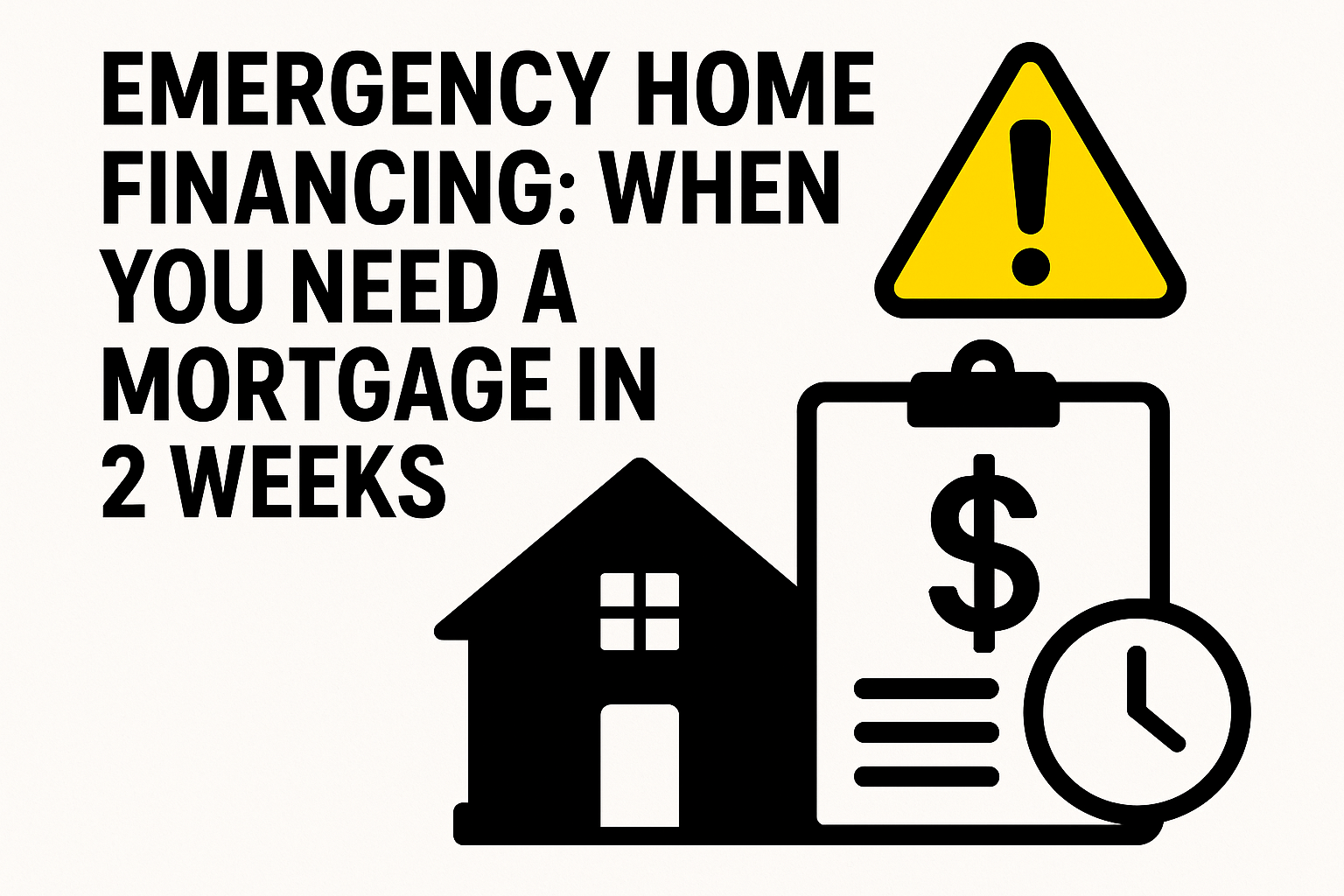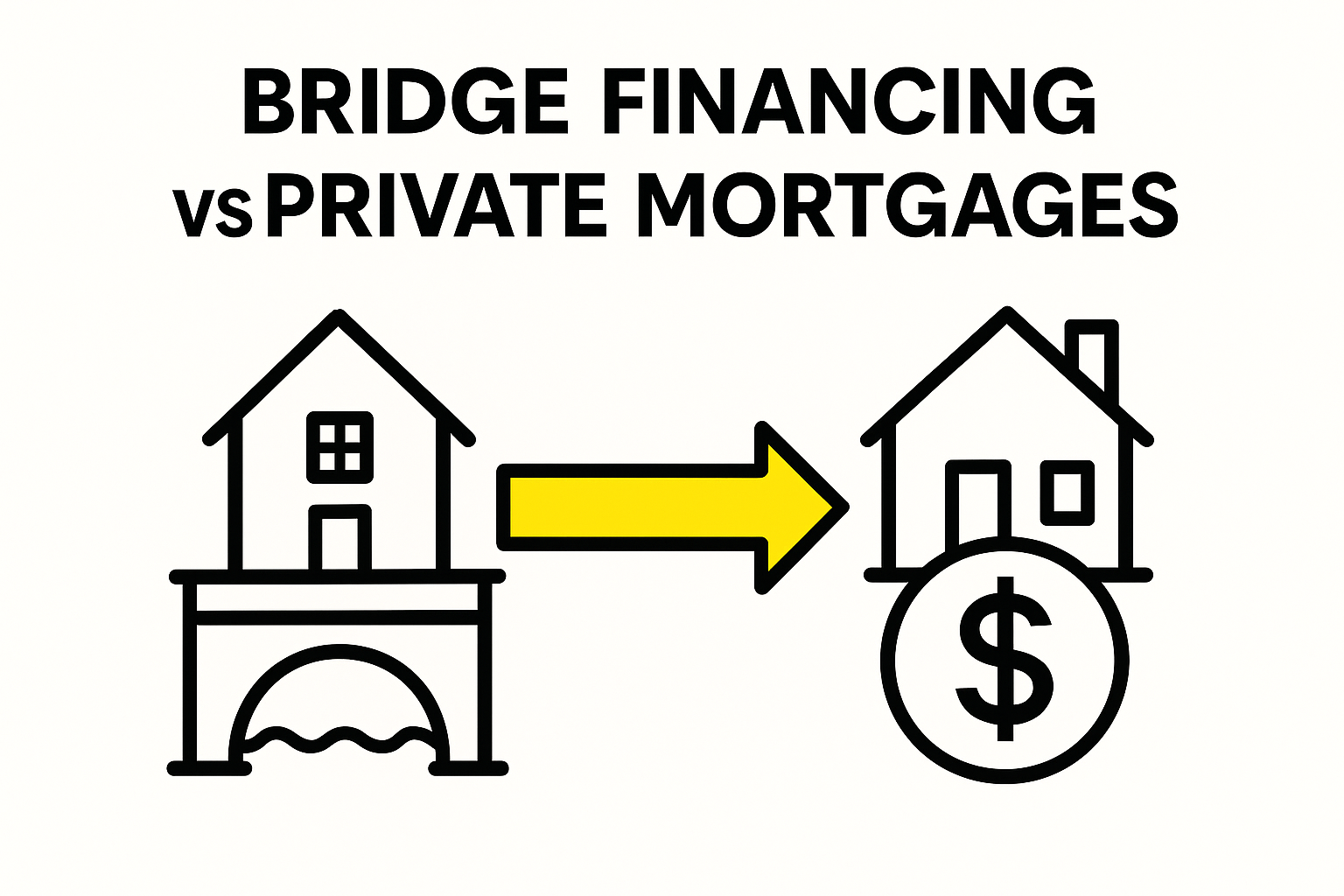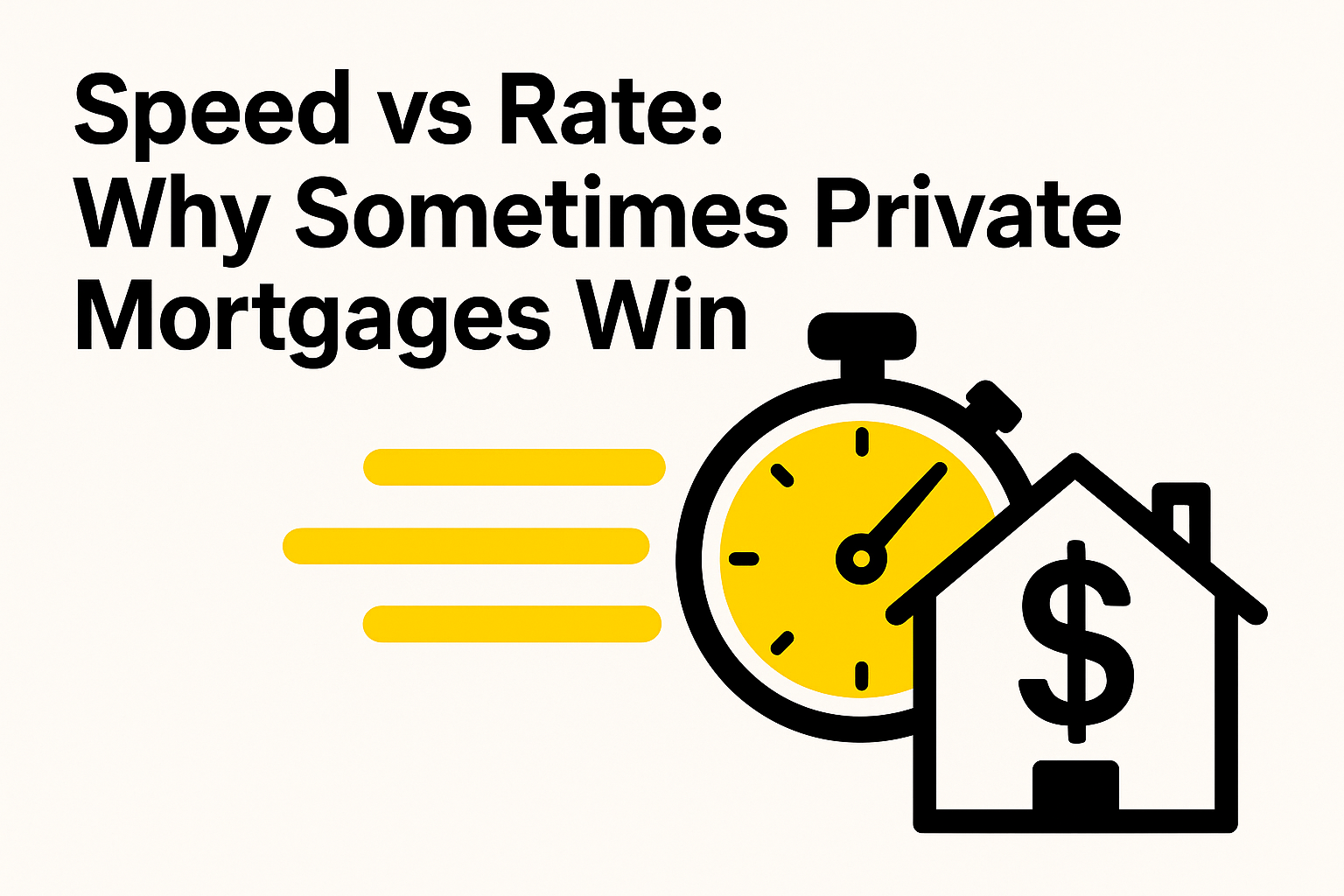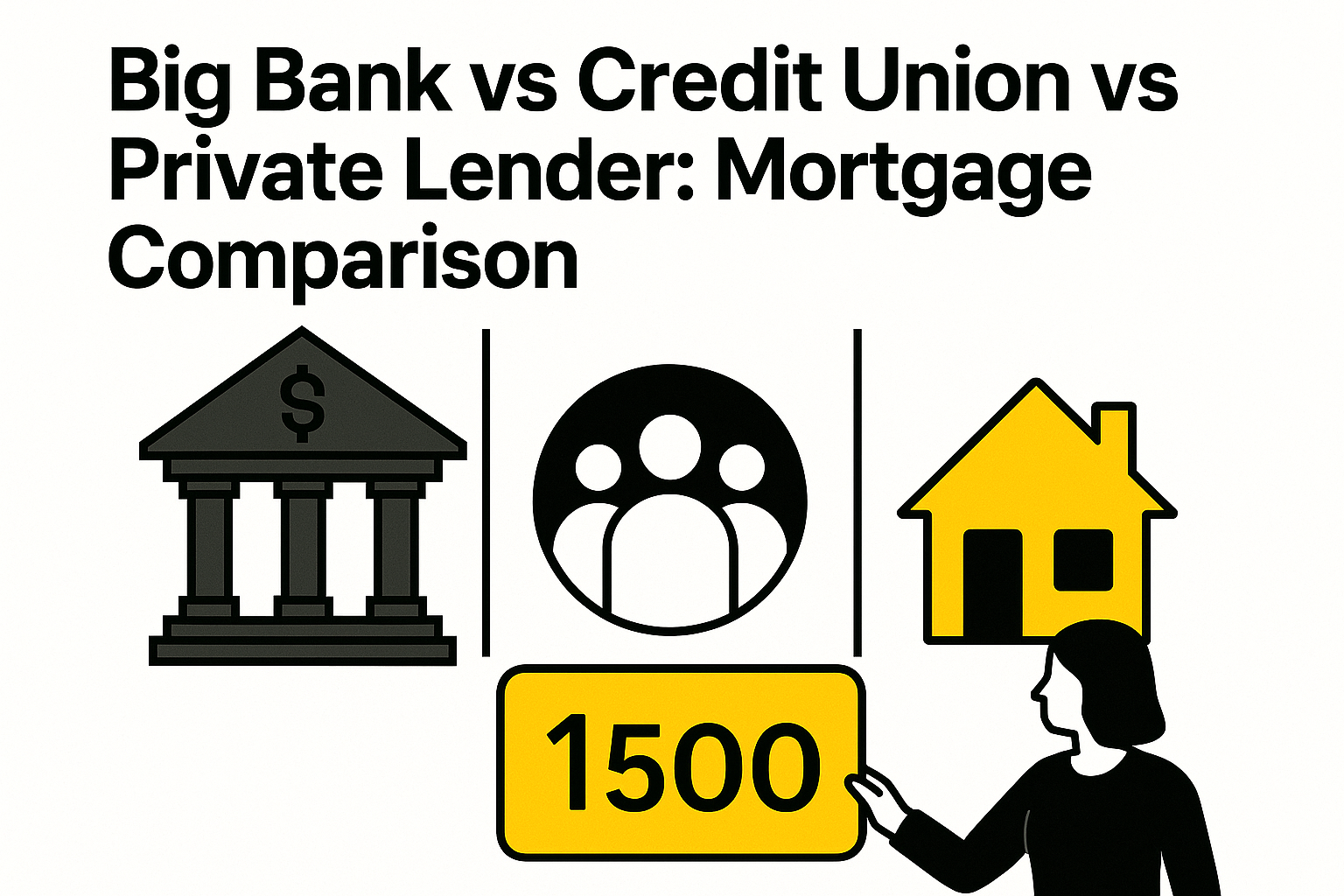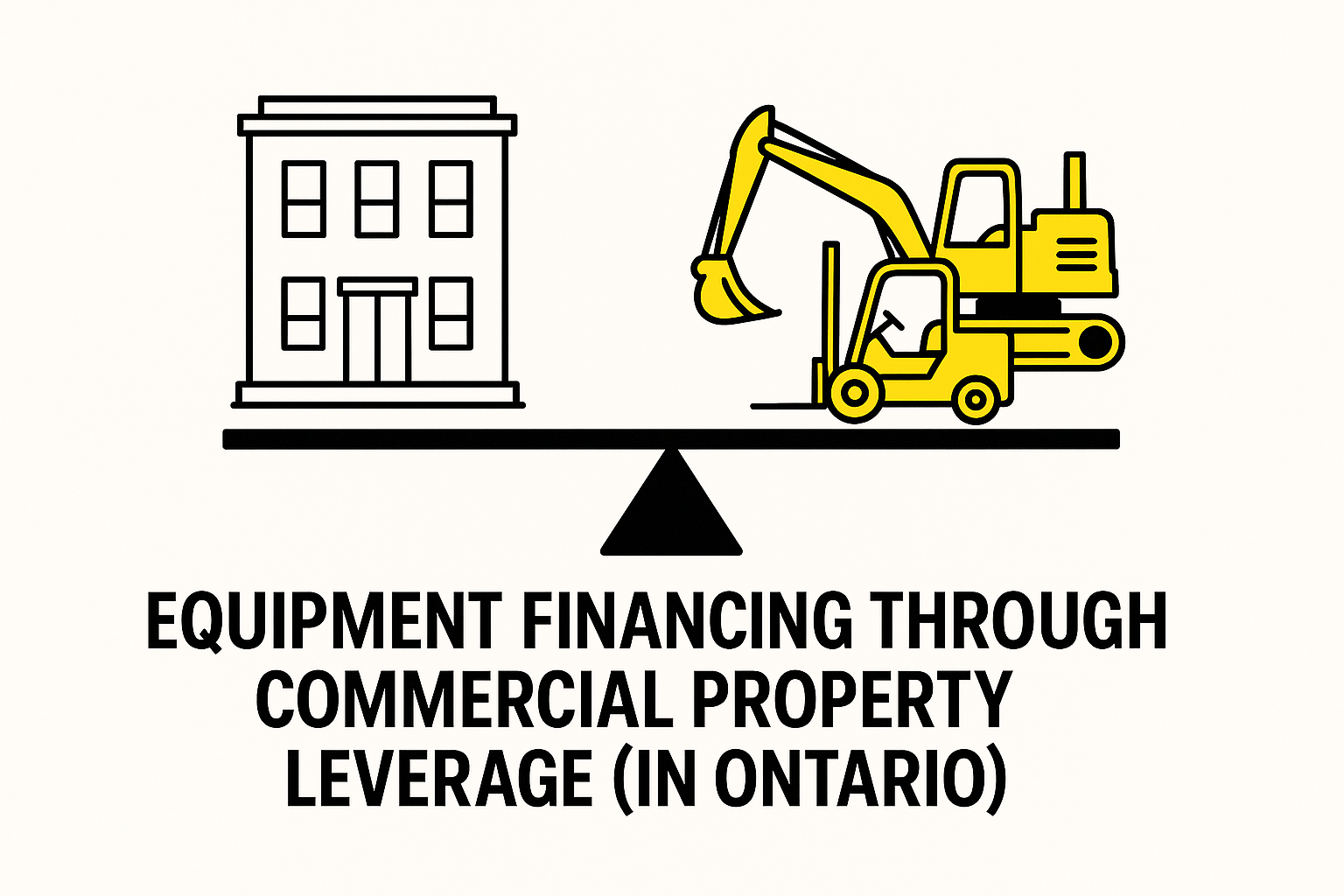Picture a recently divorced professional with a $95,000 salary, excellent employment history, and $80,000 down payment from their property settlement, watching their mortgage application get rejected because their credit score dropped due to their ex-spouse’s missed payments on joint accounts, and their debt-to-income ratio looks problematic due to spousal support obligations that banks count as debt but don’t properly credit as stable income replacement. Meanwhile, they need to secure housing for their children within 60 days as per their custody agreement, but traditional lenders want 6-8 weeks just for application processing, assuming they eventually approve someone whose financial profile has been complicated by divorce proceedings. This hypothetical scenario reflects the cruel reality that divorce often creates mortgage qualification challenges that have nothing to do with a person’s actual ability to pay, but everything to do with how banking algorithms interpret the financial disruption that legal separation inevitably creates.
What makes post-divorce mortgage qualification particularly frustrating is that many divorced individuals have stronger financial profiles after separation – single decision-making, clarified income streams, and defined financial responsibilities – yet traditional lenders focus on temporary disruptions, joint obligations, and documentation complexities that paint capable borrowers as risky when they’re actually more financially stable than during their troubled marriage. Private mortgage lenders understand that divorce represents a life transition rather than financial failure, evaluating borrowers based on their post-divorce capacity and stability rather than the temporary confusion that legal proceedings create in traditional financial documentation.
How Divorce Impacts Your Mortgage Qualification
Credit Score Damage from Joint Financial Obligations
Divorce often damages credit scores through no fault of the responsible party, as joint accounts, authorized user relationships, and shared financial obligations can continue affecting credit reports months or years after legal separation. Even when divorce agreements specify who pays what, credit reporting agencies don’t automatically adjust their reporting based on legal documents.
A responsible spouse may discover their credit score dropped 50-100 points due to their ex-partner’s missed payments on joint credit cards, lines of credit, or other shared accounts that both parties remain legally responsible for until formally closed or transferred.
The most damaging situations involve mortgage payment disruptions during divorce proceedings, where disputes over who should pay the matrimonial home mortgage can result in late payments that devastate both parties’ credit scores regardless of who was actually responsible.
Income Changes That Banks Don’t Understand
Divorce often creates income documentation challenges that traditional bank algorithms struggle to interpret correctly. Spousal support, child support, and property settlement payments represent legitimate income sources, but banks may not credit them fully or may require extensive documentation that delays approval processes.
Many divorced individuals experience apparent income reductions on paper due to asset transfers, business ownership changes, or employment transitions that occurred during divorce proceedings, even when their actual financial capacity remains strong or improves.
The transition from dual-income household documentation to single-income applications can trigger conservative lending responses from banks programmed to view income decreases as risk factors, regardless of the circumstances that created the change.
Property Settlement Complications
Property settlements create unique documentation challenges as banks struggle to verify fund sources, understand asset division timing, and assess the stability of settlement-based down payments or income streams.
Matrimonial home sales often involve complex legal processes, delayed closings, or shared equity arrangements that don’t align with traditional lending timelines or documentation requirements, creating gaps that prevent timely mortgage approval.
Business ownership transfers, investment account divisions, and pension splitting arrangements may create temporary documentation confusion that makes borrowers appear financially unstable when they’re actually implementing court-ordered financial reorganization.
Common Post-Divorce Lending Challenges
Spousal Support and Child Support Documentation
Banks often struggle to properly credit spousal support and child support as qualifying income, requiring extensive documentation including separation agreements, court orders, and payment history that may not exist for recent divorces or informal arrangements.
Support payment reliability concerns lead banks to discount these income sources or require lengthy payment histories before accepting them as stable income, creating qualification gaps for borrowers whose support represents significant portions of their total income.
The administrative burden of documenting support payments, including legal verification and payment tracking, often exceeds what traditional lenders can process efficiently, leading to application delays or rejections.
Joint Debt Responsibilities That Still Show Up
Divorce agreements don’t automatically remove joint debt obligations from credit reports or lender liability calculations, creating situations where responsible parties are penalized for their ex-spouse’s debts even when legally protected by separation agreements.
Joint mortgages, lines of credit, credit cards, and other shared obligations continue affecting debt-to-income calculations until formally transferred or closed, often creating artificial qualification barriers for borrowers who aren’t actually responsible for these payments.
The legal process of removing joint obligations can take months or years, leaving divorcing individuals in qualification limbo where their debt ratios appear unacceptable despite their actual financial responsibilities being more manageable.
Employment Changes During Divorce Proceedings
Many people change employment during or immediately after divorce due to relocation needs, schedule flexibility requirements for co-parenting, or career transitions that divorce enables, creating employment history gaps that traditional lenders view unfavorably.
Career changes that represent improvements – returning to work, advancing to management positions, or starting businesses – may appear as employment instability to bank algorithms designed to prefer long-term employment consistency over career progression.
Geographic relocations for custody purposes often require new employment that hasn’t established sufficient history for traditional mortgage qualification, despite the job changes being positive developments.
Private Mortgage Solutions for Divorced Borrowers
Alternative Income Verification Methods
Private lenders specializing in post-divorce situations understand that traditional income documentation may not reflect borrowers’ actual financial capacity or stability. They often accept alternative verification methods including bank statements, separation agreements, and court orders as evidence of income reliability.
Support payment history, even if brief, can demonstrate income stability to private lenders who understand that recent divorce doesn’t negate the legal enforceability of support obligations or the likelihood of continued compliance.
Professional credentials, employment offers, and earning capacity based on education and experience may carry more weight with private lenders than extensive employment history when evaluating divorced borrowers’ mortgage qualification potential.
Flexible Credit History Evaluation
Private lenders often evaluate credit history contextually, understanding that divorce-related credit score drops don’t necessarily indicate future payment reliability or financial irresponsibility on the part of qualified borrowers.
Recent positive payment history after divorce separation can outweigh earlier credit challenges that occurred during marriage breakdown, particularly when borrowers can demonstrate stable financial management since gaining control over their individual finances.
Credit score recovery trajectories matter more to many private lenders than current absolute scores, recognizing that divorced borrowers often demonstrate improving financial profiles as they establish independent financial management.
Fast Approval When Life Can’t Wait
Private mortgage approval timelines of 1-2 weeks align better with post-divorce housing needs that often involve custody deadlines, lease expirations, or property settlement requirements that can’t accommodate traditional bank processing delays.
The urgency that often accompanies post-divorce housing needs makes private lending speed valuable enough to justify higher costs, particularly when traditional bank delays could result in temporary housing arrangements that cost more than private mortgage premiums.
Streamlined documentation requirements allow private lenders to focus on essential qualification factors rather than comprehensive financial history review that may be complicated or incomplete due to recent divorce proceedings.
Refinancing the Matrimonial Home
Buying Out Your Ex-Spouse’s Share
One spouse keeping the matrimonial home requires refinancing to buy out the other party’s equity share, often involving mortgage amounts that exceed traditional lending comfort levels based on single income qualification.
Private mortgages can bridge the gap between what banks will approve based on single income and the amount needed to buy out ex-spouse equity, particularly when property values have appreciated significantly during the marriage.
Court-ordered buyout timelines may not align with traditional mortgage processing schedules, making private lending essential for meeting legal deadlines while preserving homeownership for custodial parents or emotionally attached spouses.
Removing Names from Existing Mortgages
Mortgage assumption or refinancing to remove an ex-spouse’s name requires single-income qualification for debt amounts that were originally approved based on dual incomes, creating qualification gaps that private lending can address.
Banks may refuse to remove departing spouses from existing mortgages without full refinancing that meets current qualification standards, potentially forcing property sales when private refinancing could preserve homeownership.
Timing coordination between divorce proceedings and mortgage modifications often requires flexible lending solutions that can accommodate legal processes while maintaining mortgage payments and property ownership continuity.
Bridge Financing During Property Settlement
Complex property settlements involving multiple real estate assets may require bridge financing while properties sell, transfer, or undergo legal review processes that prevent immediate traditional mortgage qualification.
Temporary financing needs during settlement negotiations allow divorcing parties to maintain housing stability while working through legal and financial arrangements that will eventually enable traditional mortgage qualification.
Starting Fresh: New Home Purchases After Divorce
Down Payment from Property Settlements
Property settlement proceeds often provide substantial down payments for new home purchases, but banks may require extensive documentation about fund sources, settlement agreement compliance, and asset transfer legitimacy that delays approval processes.
Recent property sales or settlement transfers may not have established the paper trail that traditional banks require for down payment verification, particularly when settlements involve complex asset exchanges rather than simple cash transfers.
Private lenders often accept separation agreements, court orders, and legal documentation as sufficient verification for settlement-based down payments without requiring the extensive fund tracking that banks demand.
Co-Parenting Considerations for Home Location
Custody arrangements often dictate housing location requirements that limit property choices and may require purchasing in markets or neighborhoods where traditional financing is challenging or delayed due to property types or local lending conditions.
School district requirements, proximity to ex-spouse housing, and custody schedule logistics may force purchasing decisions that prioritize location over optimal financing conditions, making flexible private lending essential.
Timeline pressures created by custody arrangements, school enrollment deadlines, or lease expiration dates often require financing solutions that can accommodate tight closing schedules that traditional banks cannot meet.
Building New Credit History Solo
Establishing individual credit history after years of joint financial management often requires time that doesn’t align with immediate housing needs following divorce, creating gaps where private financing becomes essential.
Credit rebuilding strategies may involve strategic debt management, new account establishment, and payment history development that takes 6-18 months to impact mortgage qualification but doesn’t prevent private lending approval.
Individual financial identity establishment often reveals stronger creditworthiness than joint financial management, but traditional banks may not recognize this improvement quickly enough to support immediate homeownership goals.
Documentation Strategies for Divorced Borrowers
Separation Agreements and Court Orders
Comprehensive separation agreements provide crucial documentation for income verification, asset division explanation, and financial responsibility clarification that private lenders can use more effectively than traditional banks.
Court orders establishing support payments, custody arrangements, and property division create legal foundations that private lenders understand as reliable income and obligation documentation even when payment history is brief.
Legal documentation should clearly specify financial responsibilities, payment schedules, and enforcement mechanisms that demonstrate income stability and obligation clarity to potential private mortgage lenders.
Spousal/Child Support Verification
Support payment documentation should include court orders, separation agreements, payment history records, and bank deposit verification that demonstrates consistency and reliability of these income sources.
Payment method documentation showing direct deposits, certified checks, or other trackable payment methods helps establish payment reliability for lenders evaluating support income stability.
Legal enforceability documentation including wage garnishment provisions or other enforcement mechanisms can strengthen support payment reliability arguments with private lenders.
Here’s your post-divorce mortgage strategy framework:
| Timeline | Financial Actions | Documentation Goals | Mortgage Options |
| During Divorce | Protect credit, separate accounts | Document income sources | Maintain existing mortgage |
| 0-6 Months Post | Build individual credit history | Finalize separation agreement | Private lending primary option |
| 6-12 Months | Stabilize income documentation | Establish support payment history | Bridge to traditional qualification |
| 12+ Months | Optimize credit and income profile | Build traditional qualification | Bank mortgage eligibility |
This framework provides realistic expectations for post-divorce mortgage qualification while building toward traditional lending eligibility.
Additional resources for divorced individuals are available through Divorce-Online Canada and Mortgage Professionals Canada.
Converting Private to Traditional Financing
Building Traditional Bank Qualification
Use your private mortgage period strategically to build the credit history, employment stability, and income documentation that traditional banks require for optimal mortgage qualification and competitive rates.
Focus on establishing individual credit accounts, maintaining perfect payment history, and documenting stable income sources that will support traditional mortgage applications when your private mortgage term expires.
Address any remaining joint obligations, complete credit repair processes, and optimize your debt-to-income ratios to present the strongest possible qualification profile for traditional bank refinancing.
Timing Your Transition
Monitor your improving financial profile and market conditions to identify optimal timing for transitioning from private to traditional mortgage financing, potentially saving thousands in interest costs over the long term.
Plan refinancing applications for 12-18 months after divorce finalization when credit recovery and income stabilization have had time to demonstrate sustainability and reliability to traditional lenders.
Frequently Asked Questions
How long after divorce can I qualify for a traditional mortgage? Most divorced individuals can qualify for traditional mortgages 12-18 months after divorce finalization, provided they’ve rebuilt credit, documented stable income, and resolved joint financial obligations. Private mortgages can provide immediate solutions during this rebuilding period.
Can spousal support be counted as income for mortgage qualification? Yes, spousal support can qualify as income for both private and traditional mortgages, but requires documentation including separation agreements, court orders, and payment history. Private lenders are often more flexible about recent support arrangements.
What if my credit score dropped due to my ex-spouse’s actions? Private lenders evaluate credit history contextually and may approve mortgages despite temporary credit score drops caused by divorce. Focus on establishing positive individual payment history while pursuing credit repair for joint account issues.
Can I buy out my ex-spouse’s share of our home with a private mortgage? Yes, private mortgages are excellent solutions for matrimonial home buyouts, especially when traditional banks won’t approve sufficient financing based on single income or when court deadlines require fast approval and funding.
How do I document my down payment if it comes from property settlement? Separation agreements, court orders, and legal settlement documentation typically satisfy private lenders for down payment source verification. Ensure your legal documents clearly specify asset transfers and fund sources.
Will using private financing hurt my ability to get bank mortgages later? No, successful private mortgage management often strengthens future bank applications by demonstrating payment ability and financial stability post-divorce. Many banks view private mortgage graduates favorably when their financial profiles have stabilized.
Conclusion
Divorce creates unique mortgage qualification challenges that traditional banking systems aren’t designed to handle effectively, despite many divorced individuals having stronger financial profiles and clearer financial responsibilities than they did during troubled marriages. Private mortgage lenders understand that divorce represents a life transition rather than financial failure, evaluating borrowers based on their post-divorce capacity and stability rather than temporary disruptions that legal proceedings create in traditional documentation. The key advantage of private lending for divorced borrowers lies in the speed, flexibility, and contextual evaluation that recognizes real financial strength despite complicated paperwork or recent credit disruptions.
Successful post-divorce homeownership often requires strategic use of private financing as a bridge to traditional mortgage qualification, allowing divorced individuals to secure appropriate housing for themselves and their children while rebuilding the credit history and income documentation that banks require. The borrowers who thrive after divorce are those who view private mortgages as valuable tools for maintaining housing stability during financial transition periods rather than last-resort options, using the time to optimize their qualification profiles for long-term traditional financing success.
Facing mortgage challenges after divorce? Contact HERCULES Team Investment Group today to explore private lending solutions that recognize your post-divorce financial strength and provide the speed and flexibility needed to secure appropriate housing for your new life chapter.


